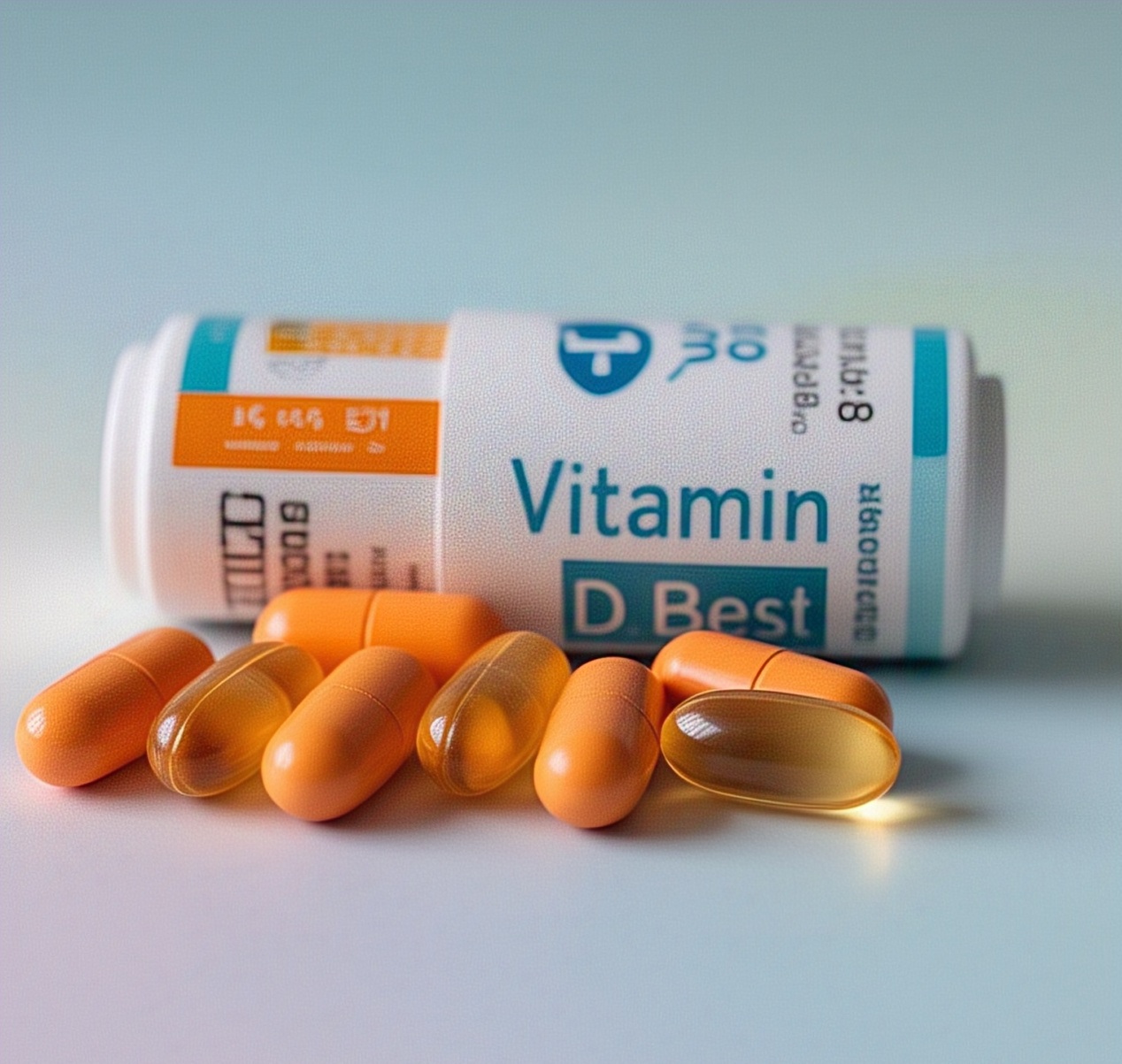Best 10 Treatments for Common Cold Symptoms: Natural and Medical Relief

The common cold is a viral infection that affects millions of people worldwide every year. Although it usually resolves on its own, the symptoms—such as a runny nose, cough, sore throat, and fatigue—can be incredibly uncomfortable. Fortunately, there are a variety of effective treatments that can ease your symptoms and help you feel better faster.
In this article, we explore the 10 best treatments for common cold symptoms, including both over-the-counter (OTC) medicines and natural home remedies.
1. Stay Hydrated to Thin Mucus

One of the simplest yet most effective treatments for the common cold is to drink plenty of fluids. Hydration helps thin mucus, making it easier to expel through coughing or blowing your nose. It also prevents dehydration, especially if you have a fever.
Best fluids for cold relief include:
- Warm water
- Herbal teas (e.g., ginger, chamomile)
- Broths and soups
- Fresh fruit juices (preferably rich in Vitamin C)
Avoid: Caffeinated or sugary drinks, which can worsen dehydration.
2. Use Steam Inhalation for Nasal Congestion

Inhaling steam is a time-tested home remedy for relieving nasal congestion. Steam helps loosen mucus in the nasal passages, making breathing easier.
How to use:
- Boil water, pour into a bowl, and lean over it with a towel over your head.
- Inhale deeply for 10–15 minutes.
- Optionally add eucalyptus or peppermint oil for added relief.
Tip: A hot shower also serves as an effective alternative.
3. Saline Nasal Spray or Rinse

Saline sprays and rinses help flush out nasal passages and reduce inflammation caused by allergens or viruses. They’re drug-free and safe for adults and children.
Popular options:
- Nasal saline sprays
- Neti pot or sinus rinse kits
Important: Use only sterile or distilled water for rinsing to avoid infections.
4. Over-the-Counter Decongestants

If nasal stuffiness is severe, OTC decongestants can offer rapid relief. These medications reduce swelling in the nasal tissues and promote better airflow.
Common decongestants:
- Pseudoephedrine (Sudafed) – oral tablets
- Oxymetazoline (Afrin) – nasal spray (do not use for more than 3 consecutive days)
Note: Always read labels and consult a doctor if you have high blood pressure or heart issues.
5. Use Honey to Soothe Cough and Sore Throat

Honey is a natural cough suppressant with antibacterial properties. It coats the throat, reducing irritation and helping suppress coughs—especially at night.
How to use:
- Mix 1–2 teaspoons of honey in warm water or tea.
- Drink before bed for cough relief.
Caution: Do not give honey to children under 1 year due to the risk of botulism.
6. Take Acetaminophen or Ibuprofen for Fever and Aches

Fever, headaches, and body aches are common cold symptoms that can be effectively managed with pain relievers.
Recommended options:
- Acetaminophen (Tylenol) – gentle on the stomach
- Ibuprofen (Advil, Motrin) – reduces inflammation along with pain
Always follow the correct dosage and avoid combining medications without consulting a healthcare provider.
7. Rest and Sleep to Support Immunity

Rest is crucial for recovery. When you’re battling a cold, your body needs more energy to fight off the virus. Prioritize sleep and avoid physical exertion to speed up healing.
Tips for better sleep with a cold:
- Use extra pillows to elevate your head and reduce nasal congestion.
- Run a humidifier to keep the air moist and ease breathing.
- Avoid screen time before bed to improve sleep quality.
8. Gargle Salt Water for Sore Throat Relief

A warm salt water gargle is a natural remedy that reduces inflammation, kills bacteria, and provides temporary pain relief from a sore throat.
How to gargle:
- Mix ½ teaspoon of salt in 1 cup of warm water.
- Gargle for 30 seconds and spit it out.
- Repeat 2–3 times daily.
9. Use Lozenges or Throat Sprays

Sore throats and dry coughs can be soothed with medicated lozenges or throat sprays containing ingredients like menthol, benzocaine, or eucalyptus.
These help:
- Numb the throat to reduce pain
- Suppress coughing
- Freshen breath and keep the throat moist
Lozenges are especially helpful during meetings or nighttime when coughing is disruptive.
10. Boost Your Immune System with Vitamin C and Zinc

While supplements like Vitamin C, Zinc, and Echinacea won’t cure a cold, they may help reduce the duration and severity of symptoms when taken at the first sign of illness.
Natural sources:
- Citrus fruits (oranges, lemons)
- Bell peppers
- Pumpkin seeds (rich in zinc)
- Green leafy vegetables
Supplements: Use under guidance if dietary intake is insufficient.
⚠️ When to See a Doctor
- Although the common cold is usually harmless, you should seek medical attention if:
- Your symptoms last longer than 10 days.
- You have a high fever (over 101°F / 38.3°C).
- There’s severe sinus or chest pain.
- You experience shortness of breath or wheezing.
These may indicate a secondary infection like the flu, sinusitis, or bronchitis that requires professional treatment.
✅ Final Thoughts
Managing common cold symptoms effectively involves a mix of home remedies and over-the-counter treatments. Staying hydrated, getting adequate rest, and supporting your immune system can make a big difference in how quickly you recover. While there’s no cure for the cold, these top 10 treatments for common cold symptoms will help ease your discomfort and get you back to feeling your best.
Stay well, rest up, and take care of your body—it’s the best defense against any illness.





